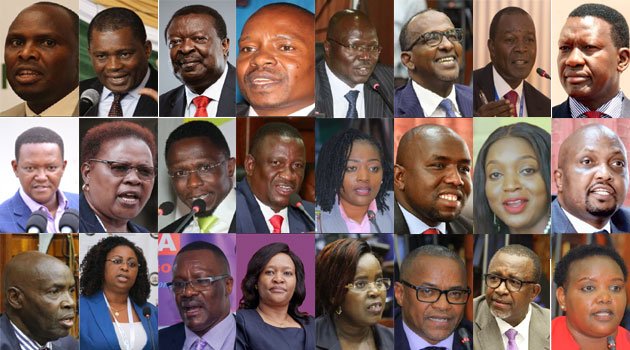Key Reforms in Kenya’s Healthcare System
President William Ruto’s Cabinet has taken a significant step towards transforming Kenya’s healthcare landscape by approving the Quality Healthcare and Patient Safety Bill, 2025. This legislative proposal aims to address long-standing issues such as fraud, malpractice, and regulatory gaps that have severely impacted public confidence in the sector.
The bill introduces the establishment of a new regulatory body known as the Quality Healthcare and Patient Safety Authority. This authority will play a crucial role in setting and enforcing national standards for healthcare services. It will be responsible for overseeing compliance, monitoring the performance of health facilities, and ensuring that all medical institutions meet the required benchmarks.
One of the core components of the bill is the implementation of mandatory licensing, registration, and accreditation for all health facilities, laboratories, and ambulance services. This measure is intended to create a more transparent and accountable system, ensuring that only qualified and properly regulated entities can operate within the healthcare sector.
The government highlighted that the lack of clear standards and weak oversight had left patients vulnerable and undermined the country’s Universal Health Coverage agenda. By introducing stricter regulations, the bill seeks to restore trust in the healthcare system and protect the rights of patients.
Strengthening Patient Rights and Care Standards
In addition to regulatory reforms, the bill emphasizes the importance of patient rights. It outlines the need for quality improvement plans at the facility level, which will help ensure that healthcare providers continuously strive to enhance the quality of care they deliver. The legislation also sets clear criteria for emergency medical services, aiming to improve response times and the overall effectiveness of emergency care.
These changes are part of a broader effort to address concerns about fraudulent health facilities, regulatory collusion, and substandard care. By implementing these measures, the government hopes to create a more reliable and efficient healthcare system that prioritizes the well-being of Kenyan citizens.
Additional Cabinet Approvals
Beyond healthcare reforms, the Cabinet meeting also approved several other key initiatives aimed at boosting economic growth and development. These include measures focused on infrastructure, youth employment, and energy. One notable decision was the privatisation of the Kenya Pipeline Company, which is expected to improve efficiency and profitability in the energy sector.
Additionally, the government announced accelerated payments to road contractors to ease cash flow and unlock stalled projects. This move is seen as a critical step in revitalizing the construction industry and supporting ongoing infrastructure development across the country.
Shifting Government Policy
The Cabinet’s decisions reflect a broader policy shift towards reducing the government’s direct involvement in business operations. Instead, the focus is now on enabling the private sector and industry experts to drive growth, efficiency, and innovation. This approach is intended to foster a more dynamic and competitive economy while ensuring that public resources are used effectively.
By implementing these reforms, the government aims to create a more transparent, efficient, and patient-centered healthcare system. At the same time, it is working to support economic development through strategic investments and policy changes that promote private sector participation. These efforts are expected to have a lasting impact on Kenya’s healthcare and broader economic landscape.

